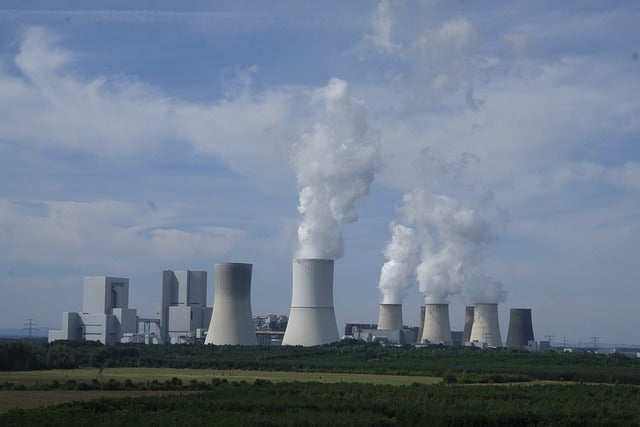
BWX Technologies, Inc. (NYSE: BWXT) today announced a contract with an estimated value of up to $45 billion over a 10-year ordering period from the U.S. Department of Energy (DOE) for environmental management operations at the Hanford Site in Washington.
The DOE announced that the Hanford Integrated Tank Disposition Contract (ITDC) was awarded to Hanford Tank Waste Operations & Closure, LLC (H2C), which is a joint venture led by a BWXT subsidiary and includes subsidiaries of Amentum and Fluor.
“This is the largest single contract award in our company’s history and is a stair-step achievement as we strengthen our leadership position in environmental restoration at highly technical projects across the nation,” said Rex Geveden, BWXT’s president and chief executive officer. “Our company remains highly committed to this critical mission for the U.S. Department of Energy and our emphasis on environmental stewardship and sustainability more broadly going forward.”
“Our team is honored to take on the largest and most complex radioactive waste cleanup project in the United States,” said Heatherly Dukes, president of BWXT’s Technical Services Group. “We are committed to working with our DOE Environmental Management customer, regulatory authorities and the Tri-Cities community in safely reducing the environmental liabilities at the site in an efficient and effective manner that is protective of the workforce, the public and the environment.”
The scope of the ITDC includes operation of Hanford tank farm facilities, eventual operation of the Waste Treatment and Immobilization Plant, and responsibility for other core functions such as project management, security and emergency services, business performance, and environment, safety, health and quality.
The DOE is engaged in one of the great public works projects of this century at the Hanford Site near Richland, Washington. Responsible for the federal government’s cleanup of the legacy of more than 40 years of producing plutonium through the 1980s, DOE is transforming the site back into an operations mode to treat tank waste from the production era. More information is available from the DOE’s Office of Environmental Management.






